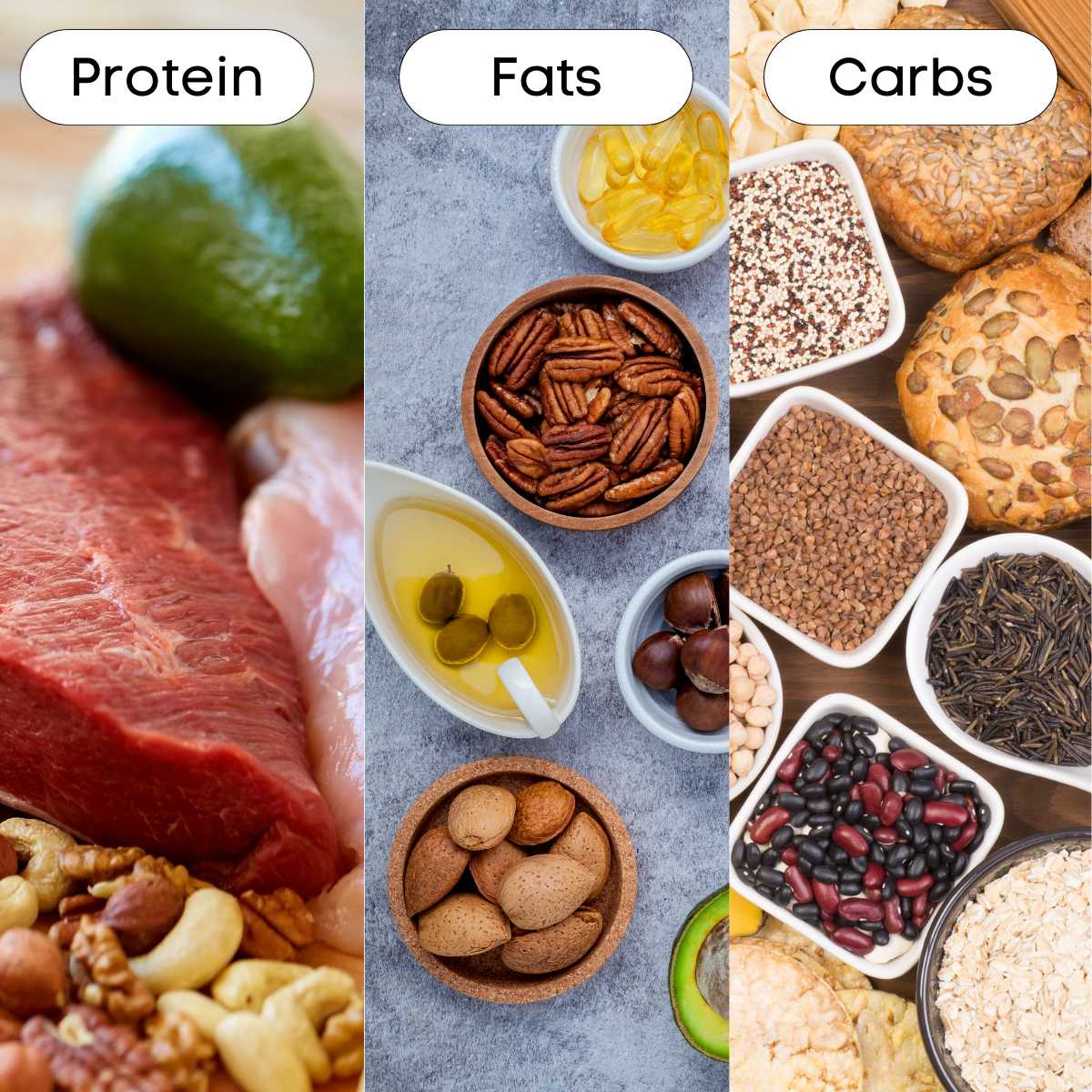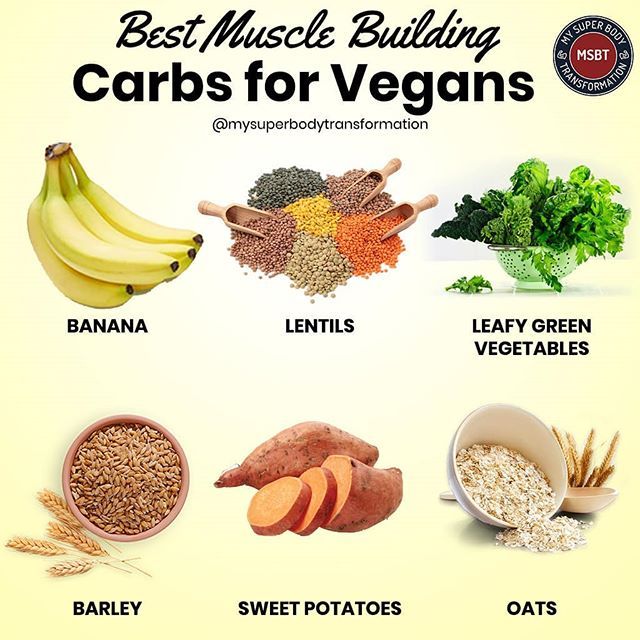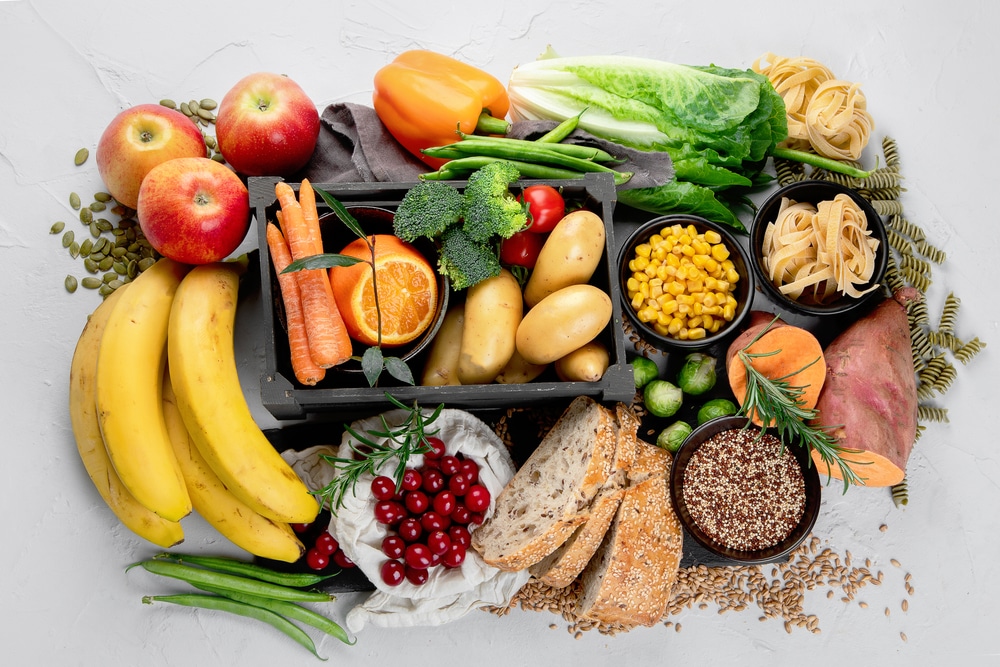Effective Methods for Using Carbohydrates in Muscle Building: Proven Strategies for 2025
In the journey of muscle building, understanding the role of carbohydrates is crucial for athletes and fitness enthusiasts alike. Carbohydrates serve as a primary source of energy, especially during high-intensity workouts, and their strategic use can significantly enhance muscle growth and recovery. In this article, we will explore effective methods for incorporating carbohydrates into your fitness regimen for optimal muscle gain.
As athletes, knowing how to effectively utilize carbohydrates can lead to improved performance and quicker recovery times. This article will discuss essential carbohydrate sources, timing for consumption, and meal strategies that benefit muscle growth. Further, we’ll consider common myths about carbohydrates and provide practical advice on integrating them into your diet for enhanced results.

Essential Guide to Carbohydrates for Muscle Building
Building on the vital framework of carbohydrates, it becomes evident that their composition and timing are key factors in muscle growth. A well-structured carbohydrate intake plan can support energy needs during workouts while promoting efficient recovery afterward.
Understanding Carbohydrates and Their Role
Carbohydrates can be categorized into simple and complex forms. Simple carbohydrates are found in sugars and are quickly absorbed, providing immediate energy. In contrast, complex carbohydrates, like whole grains, offer sustained energy due to their slower digestion rates. For athletes, the right balance between these types is crucial for meeting energy demands effectively.
Optimal Carbohydrate Sources
When planning your carbohydrate intake, it’s essential to focus on sources that not only fuel your workouts but also contribute to muscle recovery. Foods such as sweet potatoes, brown rice, and oatmeal are excellent choices, as they provide fiber alongside necessary nutrients. Incorporating these nutritious carbohydrates into regular meals can significantly enhance your energy levels during exercise.
Meal Timing for Maximum Effectiveness
Timing of carbohydrate consumption can influence muscle recovery. Consuming carbohydrates immediately post-workout can replenish glycogen stores, promoting quicker recovery. This is where high-glycemic foods, such as bananas or sports drinks, can be beneficial. Moreover, spreading carbohydrate intake throughout the day ensures a steady energy supply for your training sessions.
Building Your Carbohydrate Strategy: Meal Planning Tips
With these fundamentals established, it’s time to dive deeper into effective meal planning strategies. A well-structured meal plan can balance carbohydrates with protein and healthy fats, ensuring optimal nutrient intake for muscle growth.
Importance of Meal Preparation
Meal preparation is an invaluable tool for athletes. By planning and preparing meals in advance, you can ensure that you have access to balanced, carbohydrate-rich meals at all times. This foresight helps in avoiding last-minute unhealthy food choices and keeps you on track with your fitness goals.
Creating a Balanced Meal Plan
A practical meal plan incorporates a variety of carbohydrates along with adequate protein sources. Aim for a combination of complex carbs (like quinoa or legumes), lean proteins (chicken, fish, or plant-based options), and healthy fats (avocados, olive oil) in each meal. This approach not only supports muscle repair but also increases overall nutrient density.
Incorporating Snacks for Energy
Healthy snacks play a crucial role in maintaining energy levels throughout the day. Snacks that combine carbohydrates with protein, such as Greek yogurt with fruit or rice cakes with nut butter, can provide a quick energy boost. This ensures you remain fueled for both workouts and daily activities.

Maximizing Performance with Carb Cycling
This naturally leads us to the advanced concept of carb cycling, a strategy many athletes employ to enhance muscle growth while controlling body fat levels. Carb cycling involves varying carbohydrate intake on training and rest days, optimizing performance and recovery.
What is Carb Cycling?
Carb cycling typically involves consuming higher amounts of carbohydrates on training days to maximize energy and performance, while reducing intake on rest days to facilitate fat loss. This approach can be particularly effective in maintaining lean muscle mass while promoting fat loss, making it a favorable option for bodybuilders and athletes alike.
Practical Implementation of Carb Cycling
To successfully implement carb cycling, start by calculating your caloric needs and making adjustments according to your training schedule. On high-carb days, fill your plate with healthy sources like fruits, whole grains, and legumes. Conversely, on lower-carb days, lean towards proteins and healthy fats while reducing carbohydrate intake.
Monitoring Progress and Adjustments
As with any dietary strategy, monitoring your progress is critical. Keep track of your strength gains, body composition, and energy levels. If you’re not seeing the expected results, consider adjusting your carbohydrate intake or meal timing. Collaboration with a nutritionist can also provide tailored guidance based on individual needs.
Common Myths About Carbohydrates Debunked
Connected to this principle of effective carbohydrate use is addressing the prevalent myths surrounding them. Misunderstandings about carbohydrates can hinder muscle building efforts.
Myth: Carbohydrates Make You Gain Weight
A common misconception is that carbohydrates are responsible for weight gain. In reality, weight gain occurs when there is a caloric surplus. When consumed in moderation and appropriately timed, carbohydrates provide the necessary energy to enhance workouts without leading to unwanted weight gain.
Myth: All Carbohydrates Are Created Equal
Not all carbohydrates have the same impact on the body. It’s essential to differentiate between whole, nutrient-dense carbohydrates and processed sugars. Focusing on whole-food sources ensures that you’re getting the nutrients needed for muscle repair and overall health.
Myth: Cutting Carbohydrates Is Beneficial for Muscle Gain
Some individuals assume a low-carb diet increases muscle gain. However, carbohydrates are fundamental for energy storage and muscle recovery. Cutting carbs can hinder performance, making it difficult to train effectively. The key lies in balance and informed choices regarding carbohydrate sources.
Q&A: Your Carbohydrate Questions Answered
With a deeper understanding of carbohydrates, let’s explore some common questions that arise around their use in muscle building.
How many carbohydrates should I consume daily for muscle building?
Your daily carbohydrate intake should depend on your training intensity and overall caloric needs. A general guideline for athletes is to consume between 3-7 grams of carbohydrates per kilogram of body weight, especially during intense training periods.
Can I build muscle on a low-carb diet?
While some may experience initial weight loss on a low-carb diet, sustained muscle growth typically requires sufficient carbohydrates for energy. It’s essential to find a balance that works for your body and your goals.
When is the best time to consume carbohydrates for muscle recovery?
The best time to consume carbohydrates for recovery is within 30 minutes post-exercise. This period, often called the ‘anabolic window,’ is critical for replenishing glycogen stores and enhancing recovery. Pairing carbohydrates with protein during this time is optimal.
How can I make sure I’m choosing healthy carbohydrates?
Focus on whole food sources of carbohydrates like fruits, vegetables, whole grains, and legumes. Be mindful of portion sizes and choose options that provide additional nutrients, such as fiber and vitamins, essential for overall health.
Is it necessary to take carbohydrate supplements?
While whole foods should be your primary carbohydrate source, supplements like sports drinks can support performance during high-intensity workouts or long endurance sessions. Prioritize whole foods, and use supplements as needed based on specific training demands.
Understanding the effective methods for using carbohydrates in muscle building not only enhances your performance but also ensures a sustainable approach to fitness. By integrating these strategies into your routine, you can pave the way for significant muscle growth and improved recovery outcomes. For further insights and strategies on optimized nutrition, check out this resource and discover more about meal plans and tips for sports nutrition through this informative guide.
